Optimal Timing for Bathtub Refinishing
Bathtub refinishing is a popular method for restoring the appearance and functionality of damaged or outdated tubs. Timing can influence the quality and durability of the refinishing process, making it essential to consider the optimal period for scheduling repairs.

Spring offers moderate temperatures and low humidity, ideal for curing and drying refinished surfaces effectively.
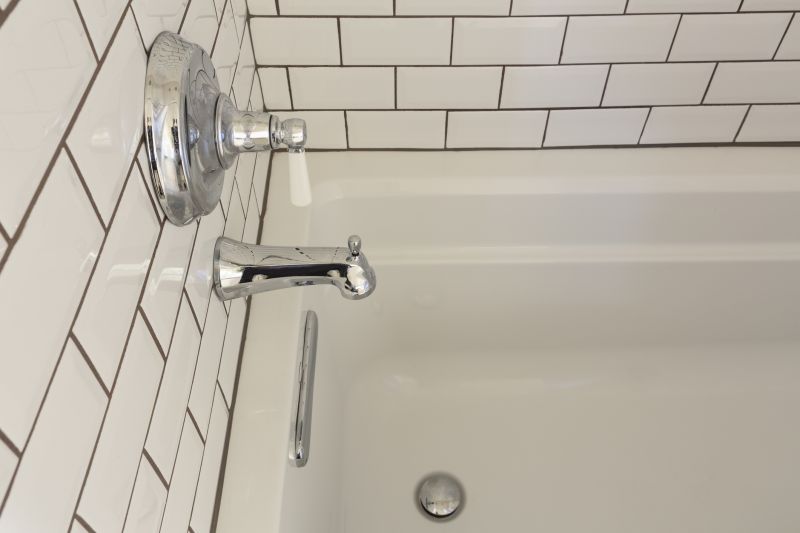
Warm weather speeds up drying times, but high humidity can affect finish quality if not properly managed.
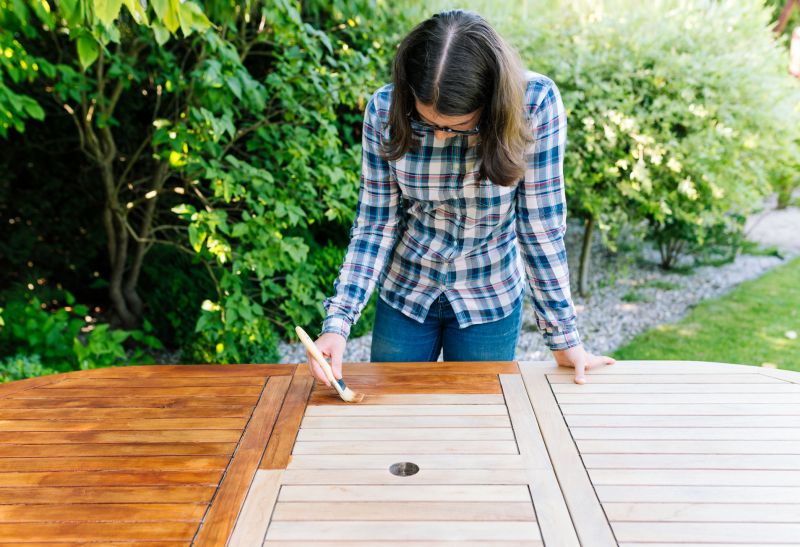
Cooler temperatures and lower humidity levels make fall suitable for refinishing projects, provided temperatures stay within recommended ranges.
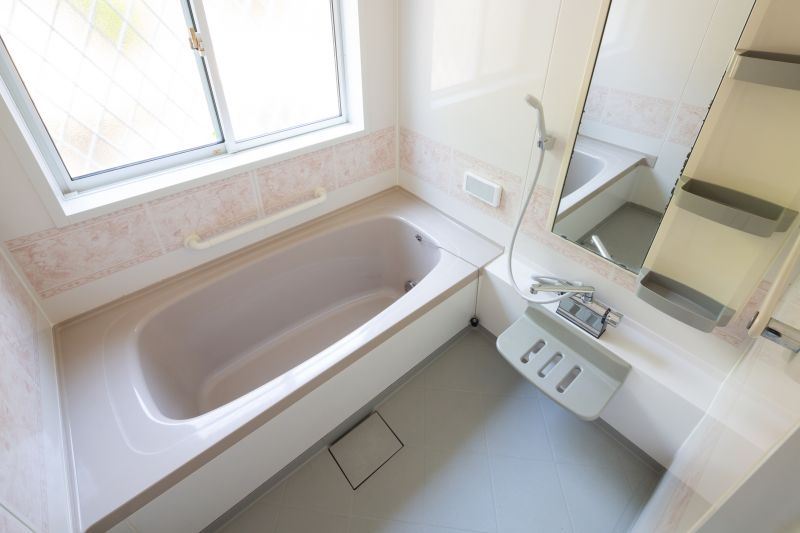
Ways to make Bathtub Refinishings work in tight or awkward layouts.
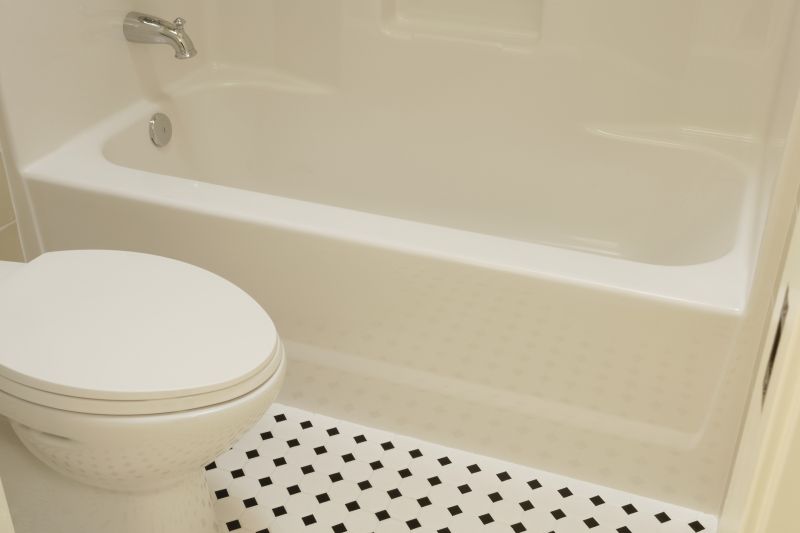
Popular materials for Bathtub Refinishings and why they hold up over time.
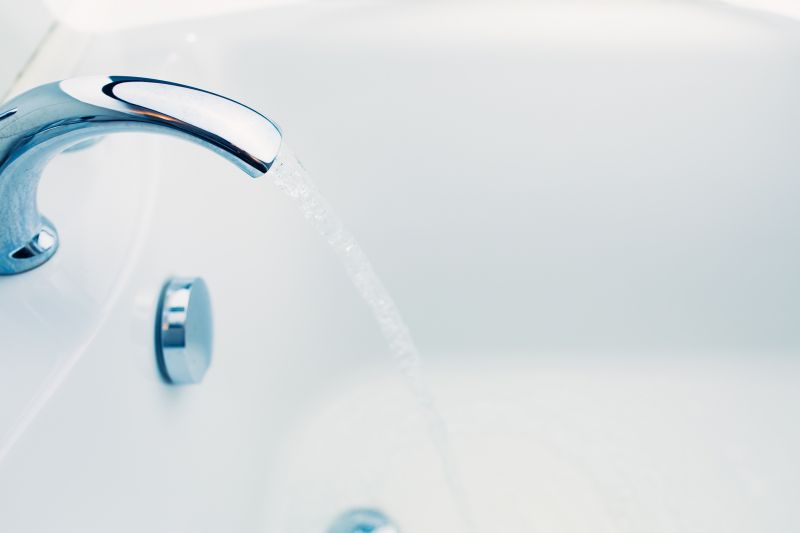
Simple add-ons that improve Bathtub Refinishings without blowing the budget.
Refinishing is best performed during periods of stable, moderate temperatures and low humidity to ensure proper curing and adhesion.
Avoid scheduling refinishing during winter or extreme cold, as low temperatures can hinder the curing process and affect finish quality.
Refinishing typically takes 1-2 days, so choosing a time with predictable weather helps prevent delays caused by environmental factors.
Allow sufficient time before and after refinishing for proper preparation and curing, which varies with seasonal conditions.
| Season | Recommended Conditions |
|---|---|
| Spring | Moderate temperatures, low humidity |
| Summer | Warm temperatures, manageable humidity |
| Fall | Cooler temperatures, low humidity |
| Winter | Low temperatures, high risk of delays |
Bathtub refinishing involves applying a new coating to restore the surface's appearance and protect against future damage. The process includes cleaning, sanding, and applying multiple layers of specialized coatings. Proper timing ensures optimal curing, adhesion, and finish durability. Statistics indicate that well-timed refinishing can extend the lifespan of a bathtub by several years, providing a cost-effective alternative to replacement. The process is popular among homeowners seeking to update bathrooms without extensive renovations.
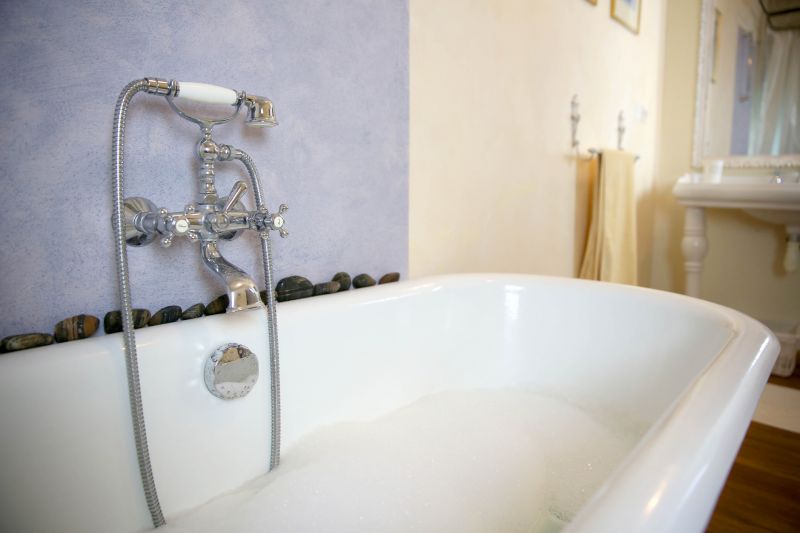
A smooth, glossy surface resulting from professional refinishing.
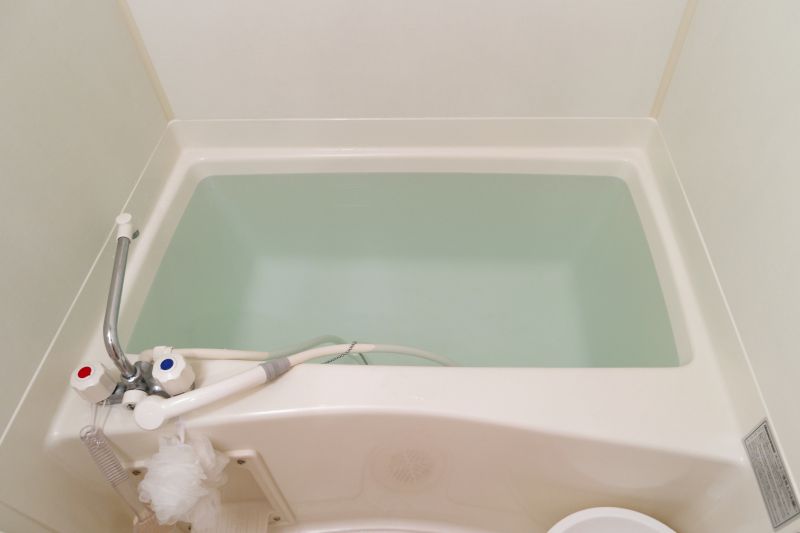
Specialized tools and coatings used during the refinishing process.
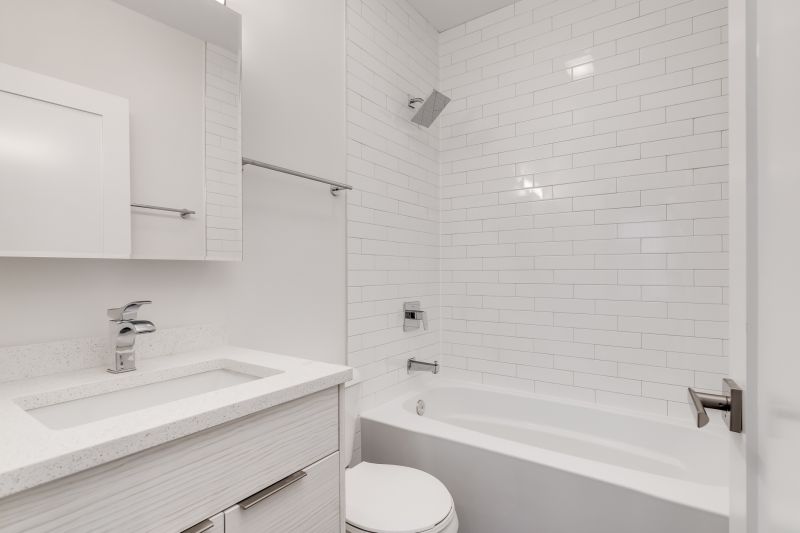
Visual transformation showcasing the effectiveness of refinishing.

Technicians applying coatings in a controlled environment.
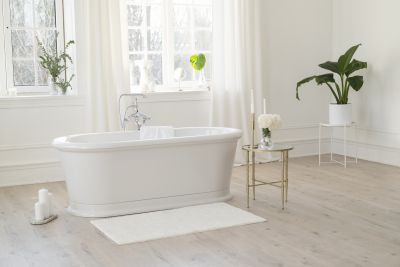
High-end options that actually feel worth it for Bathtub Refinishings.
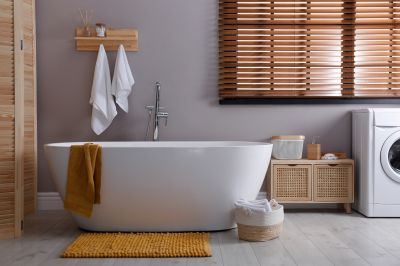
Finishes and colors that play nicely with Bathtub Refinishings.

Little measurements that prevent headaches on Bathtub Refinishings day.
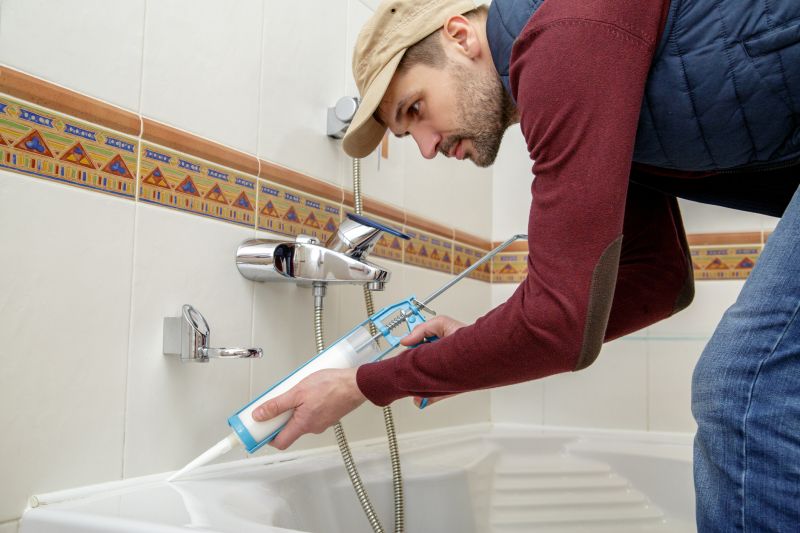
A 60-second routine that keeps Bathtub Refinishings looking new.
Refinishing typically costs a fraction of replacing a bathtub, making it an economical choice.
Refinishing reduces waste and minimizes the need for new materials.
Proper cleaning and avoiding abrasive cleaners extend the life of the refinished surface.
Environmental conditions and proper timing influence the longevity of refinished tubs.
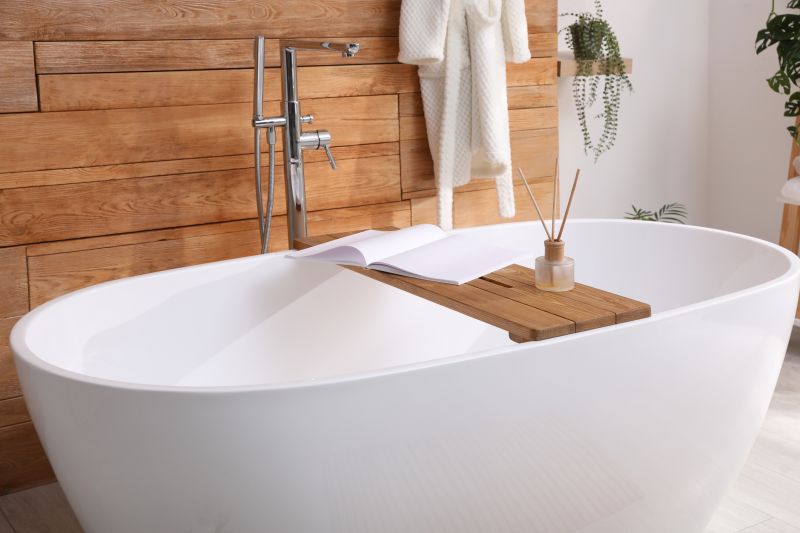
Detail of the smooth, durable coating.
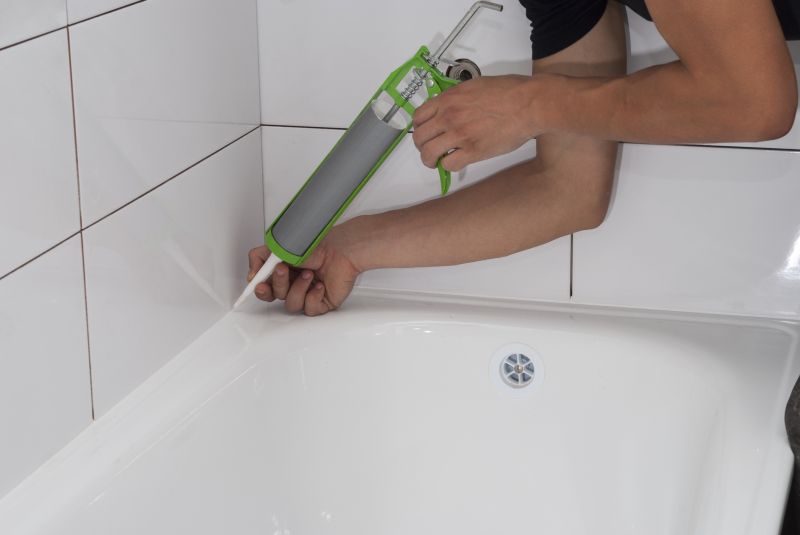
Equipment used for preparing and applying coatings.
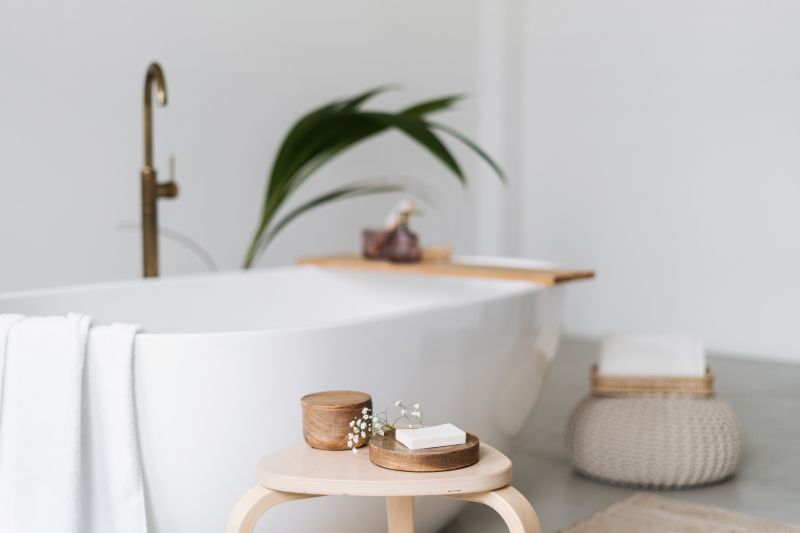
Refinished bathtub as part of a bathroom upgrade.
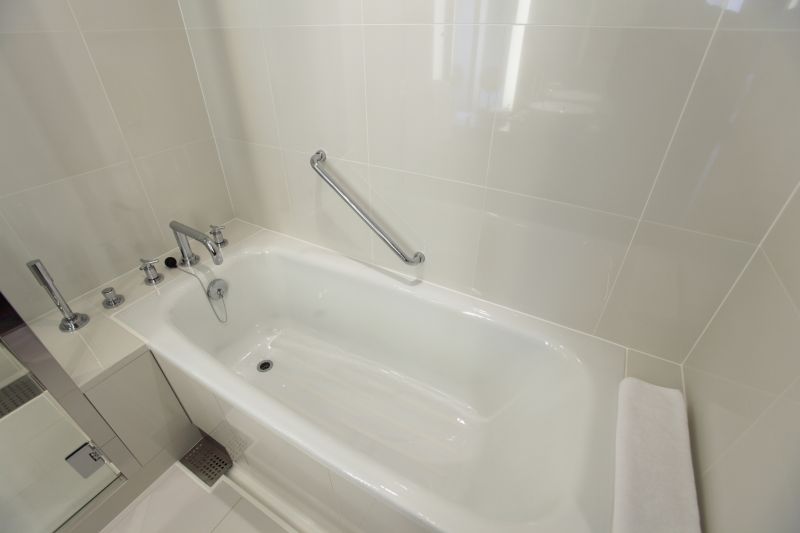
Satisfied clients after refinishing projects.
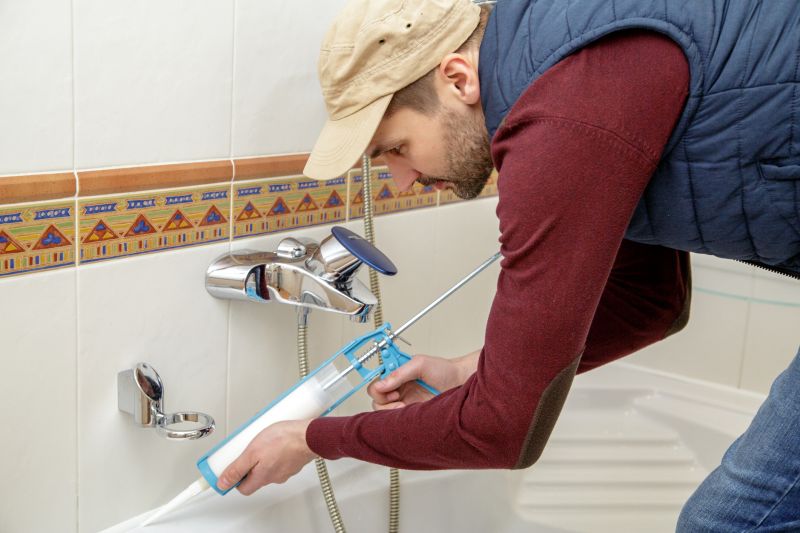
A frequent mistake in Bathtub Refinishings and how to dodge it.
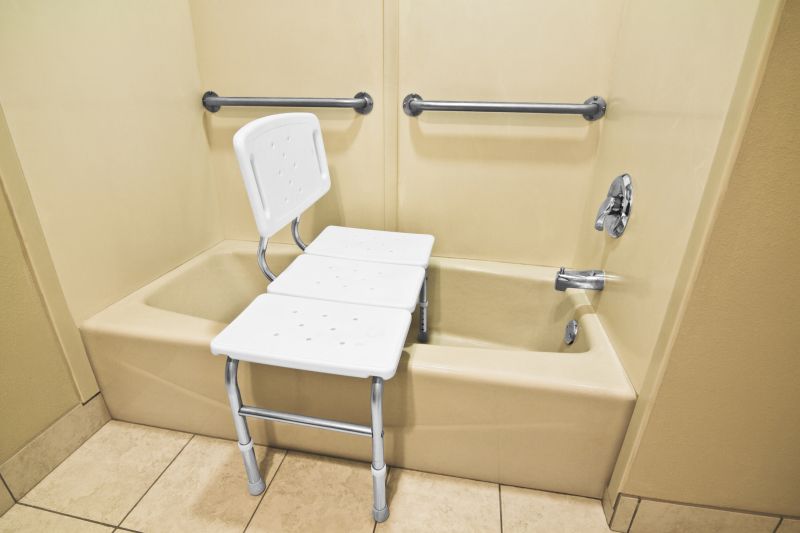
Small tweaks to make Bathtub Refinishings safer and easier to use.
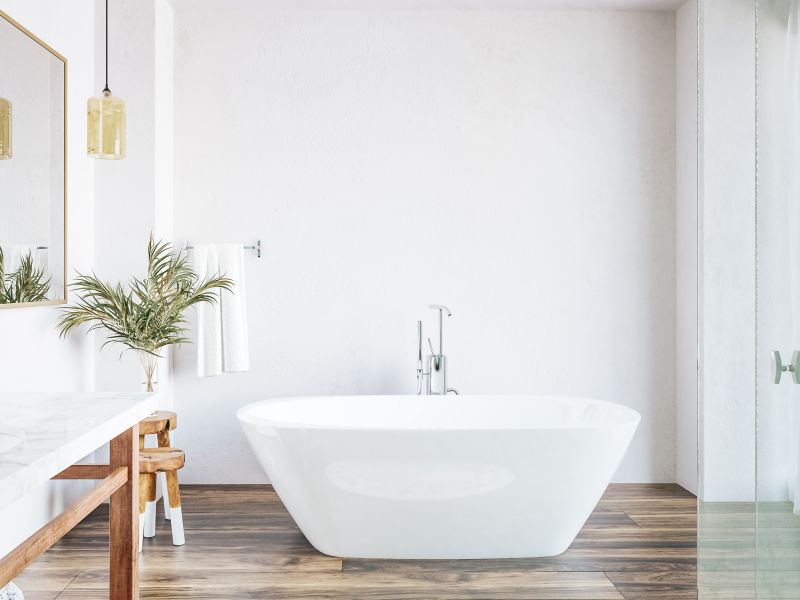
Lower-waste or water-saving choices for Bathtub Refinishings.

The short, realistic tool list for quality Bathtub Refinishings.
Interested in revitalizing a bathtub? Filling out the contact form provides an opportunity to discuss scheduling options and receive professional guidance on the best timing for refinishing projects. Proper planning and execution can significantly enhance bathroom aesthetics and functionality, offering a cost-effective alternative to replacement.
